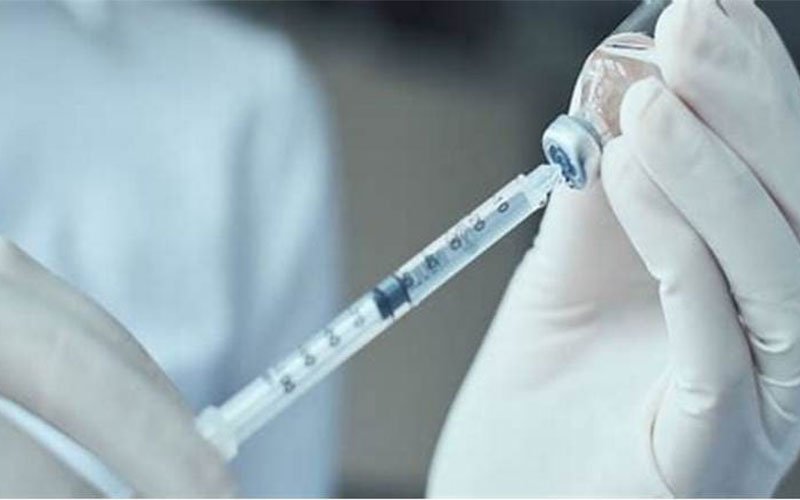
Sterility Testing – Assurance of Microbial Purity
Overview:
Sterility Testing is a critical quality control procedure used to verify that pharmaceutical products, especially sterile injectables and implantables, are free from viable contaminating microorganisms. This test is mandatory for parenteral preparations and other products labeled as “sterile”.
Test Description:
Product samples are aseptically transferred into sterile culture media and incubated under controlled conditions to promote the growth of any contaminating microorganisms. The test is performed in isolators or cleanroom environments to avoid false positives and ensure regulatory compliance.
Purpose & Benefits:
- Confirm that parenteral, ophthalmic, and surgical products are sterile
- Support regulatory submissions and GMP compliance
- Prevent risk of sepsis, infection, and patient harm
- Required for batch release, stability studies, and validation protocols
Industries Served:
- Pharmaceuticals & Biotech
- Medical Devices & IV Solutions
- Tissue & Cell-Based Therapies
- Ophthalmics & Injectable Drug Products
- Dissolution Testing – Drug Release Profiling
- Shelf-Life Testing – Stability & Expiry Determination
- Assay of Residual Solvents – Volatile Impurity Analysis
- Potency Testing – Verifying Therapeutic Efficacy
- Disintegration Testing – Ensuring Effective Drug Release
- Fungal and Bacterial Contamination Testing
- Heavy Metal Testing – Ensuring Product Safety & Regulatory Compliance
- pH Testing – Ensuring Product Stability, Safety, and Compliance
- Stability Testing of Biological Products
- Moisture Content Testing – Ensuring Stability, Efficacy, and Shelf-Life of Drug Products
